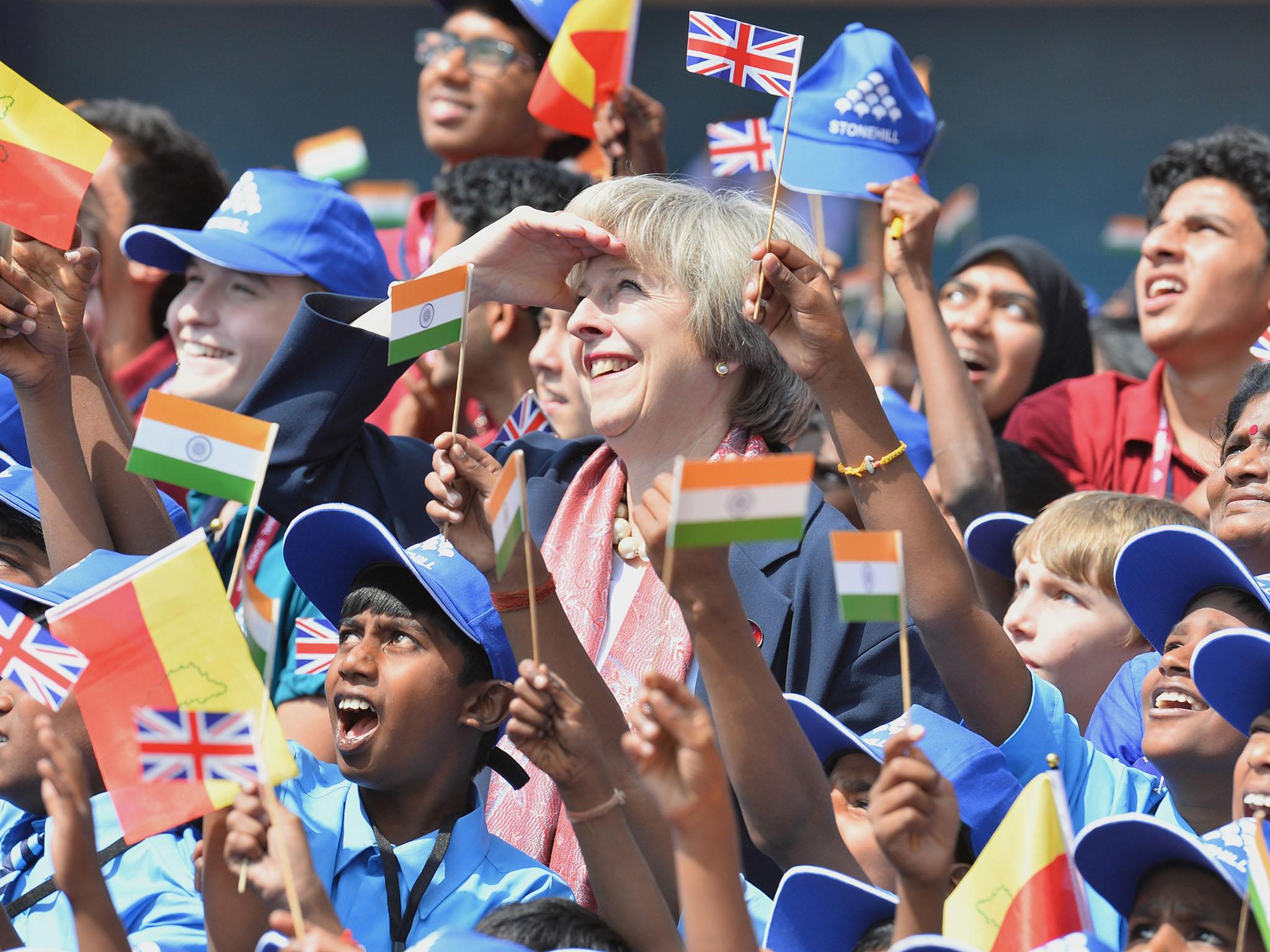Brexit: Britain should accept more immigrants if it wants a free trade deal, senior Indian diplomat warns
India's High Commissioner says they may to make sure any deal is 'mutually beneficial'

Britain needs to accept higher levels of immigration from India if it hopes to sign a free trade deal after Brexit, a senior Indian diplomat has warned.
YK Sinha, India’s High Commissioner to the UK, warned that after Brexit it may take up to a decade for the two countries to negotiate a free trade deal and the “freer movement of people and professionals” would be a crucial component of it.
The British Government has repeatedly promised to get immigration down to the “tens of thousands” and has already said it intends to end freedom of movement after leaving the European Union in March 2019.
But speaking to business leaders in London, Mr Sinha said signing a trade deal was “obviously not going to be easy” and said the deal may not be completed until as late as 2030, the Daily Telegraph reported.
He said: “It has to be mutually beneficial, it can’t be a one-way street. For instance, you’ve all read about issues of freer mobility of professions. That is something right up there as far as India is concerned.
“I’m not talking about unfettered access or unrestricted travel, I’m talking about movement of professionals, movement of doctors, technicians, engineers. I think both sides will benefit from this exchange and obviously it has to be a two-way exchange not just one way.”
This is not the first time potential future trade partners have voiced concerns about the Government’s future immigration policy.
In January India, along with Australia, told the UK to relax its immigration rules if it wants a free trade deal.
During a trip to Delhi, Foreign Secretary Boris Johnson was reportedly warned that the UK must loosen its restrictions on skilled Indian workers coming to the UK after Brexit if it wanted to get a good trade deal.
These restrictions are already having an impact on UK businesses.
Speaking to The Independent earlier this year, Indian restaurant entrepreneur Cyrus Todiwala warned that the Conservatives' “short-sighted” scheme to charge businesses for bringing skilled workers into the country could force hundreds of small curry houses out of business.
In April, the Immigration Skills Charge for people on Tier 2 visas – meaning skilled workers who do not have a PhD – kicked in, meaning employers have to pay £1,000 per year per employee.
In their manifesto for the snap election in June, the Tories promised to raise the charge to £2,000 per year – though the planned increase was shelved after the party lost their majority.
Mr Todiwala, who owns the award-winning Cafe Spice Namaste restaurant in London, said he needed to be able to recruit workers from India and Bangladesh to work for him because there were not enough skilled workers in the UK.
He explained that the traditional type of cooking practised in UK curry restaurants was not easily replicated by homegrown staff.
He said many chefs in India and Bangladesh learn from their parents, who in turn had the knowledge passed down over the generations, and are not keen to “teach” it to newcomers.
The businessman explained that most chefs learn by shadowing other people over several years, saying it was similar to the way specialist technical skills such as carpentry or masonry were historically treated in Britain.
The UK is one of the largest investors in India and according to a report by the Commonwealth, the membership organisation for 52 countries largely made up of Britain’s former colonial possessions, a free trade deal could boost British exports by £2.1bn a year.
Join our commenting forum
Join thought-provoking conversations, follow other Independent readers and see their replies
Comments